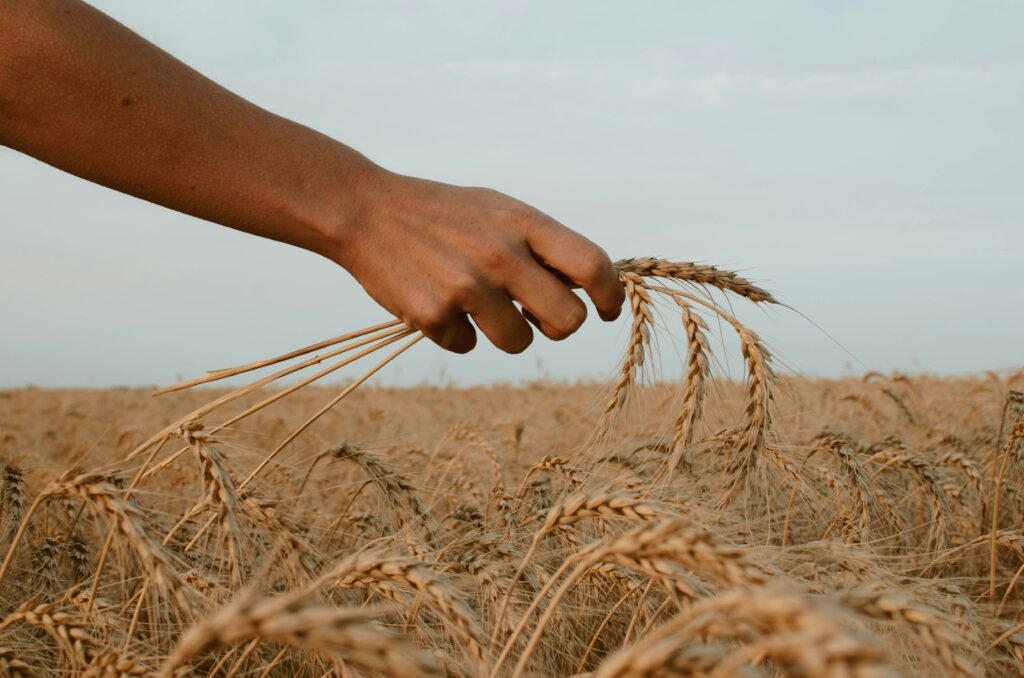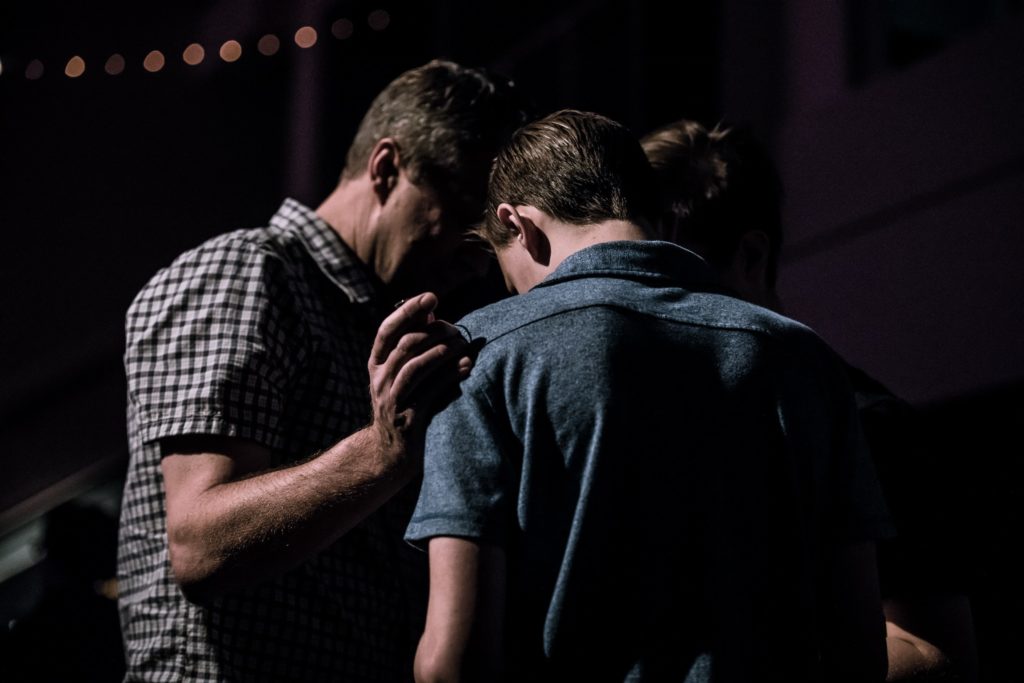
Part 1: Background | Part 2: Loyal Love | Part 3: Chance | Part 4: Abundance | Part 5: A Plan | Part 6: Approach | Part 7: Proposal | Part 8: Affirmation | Part 9: Contract
With the way cleared for Boaz to serve as Ruth’s—and Naomi’s—redeemer, “the elders call down blessings upon him and his bride, and pray that the gracious Ruth will be a mother in Israel such as Rachel and Leah were [Ru 4.11]. This is indeed an optimistic expectation, since these two women as wives of Jacob built up the whole house of Israel, with the assistance of their maids Bilhah and Zilpah” (ECB).
But they go further. They mention “the house of Perez” (Ru 4.12). Why Perez? Well, Perez ”was an ancestor of Boaz (18), and one of only three ancestors of the whole tribe of Judah. Probably most of the local population had descended from him” (NBC).
The comparison is rife with ironic contrast.
- First, Perez’s birth to Tamar, via Judah, was “a situation in which the levirate responsibility was not honored (Gen. 38)” (TCBC). Judah had failed to care for his daughter-in-law after her husband Er had died. Boaz is a more distant relative to Naomi and Ruth, yet he is fully committed to meeting all their needs.
- Second, “Tamar achieved her ends through trickery, but Ruth received her son through righteous obedience. … Ironically, the righteousness of a Moabitess, a foreigner to Israel’s covenant, brought salvation to Judah’s family” (HCBC). “Considering the rabbinic hermeneutical principle of ‘from greater to lesser,’ the reader cannot help but think that if Yahweh had given immoral Judah a double blessing in the birth of twins and if Judah flourished through Perez, how much brighter are the prospects for Boaz and Ruth” (NAC).
“This conclusion of the narrative contrasts beautifully with its introduction (1:1–5). Deep sorrow turned to radiant joy; emptiness gave way to fullness” (BKC).
The marriage is followed quickly by fruitfulness in the birth of a son (Ru 4.13). The redeemer who had filled Ruth’s apron with seed for daily bread multiple times now fills her with the sort of seed that will have an eternal impact.* Ruth had had no children during her 10-year marriage to Mahlon; this time will be different. The filling includes not only provision—wealthy provision—but also offspring, and thus a future.
As we might expect, the women of this little village find the birth of this baby a matter for comment (Ru 4.14-15)—and they address their comments not to Ruth, the mother, but to Naomi. They recognize this birth, undistinguished to the earthly eye, as momentous. The baby, not Boaz, is the real redeemer. Mara, the bitter, empty woman, is Naomi again, redeemed, rescued, confident in her secure future.
And the narrative ends with the infant not in Ruth’s lap, but in Naomi’s. She is truly filled. Perhaps the book should be called “Naomi.”
And then the final twist. We learn why this story of poor, apparently insignificant women from a small village is occupying a place in the literature of eternity.
This child of Boaz, and of Perez, is a link in a long chain extending from Abram (Gen 12.1-3)—indeed from God’s “first gospel” in Ge 3.15—to the redemption of a great throng, from every kingdom, tribe, tongue, and nation, who will worship and serve God for all eternity.
We’re not told all that here. But we are told that this infant is to be the grandfather of David, the king, the sweet singer of Israel, whose Greater Son, we know, is the infinite kinsman redeemer, who was made in the likeness of men so that we might be made the righteousness of God in him.
Ruth is a small study of God’s work for us. “The Book of Ruth shows God as concerned not only for the welfare of one family—Naomi and Ruth—but for the welfare of all God’s people who would be blessed by David and by David’s Son, Jesus Christ. The participation of Ruth, the Moabitess, in the fufillment of God’s promises indicates that God’s salvation is for people of all nationalities” (HCBC).
“Hosanna! Blessed is He who comes in the name of the LORD!”
* For this insight into the thematic development of Ruth I am indebted to the late Dr. Ron Horton, longtime professor of literature at Bob Jones University.
Photo by Paz Arando on Unsplash

